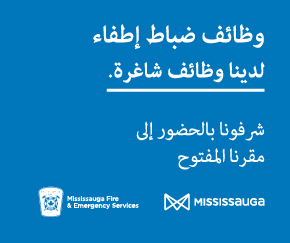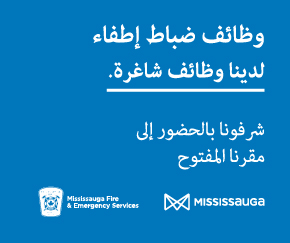اخبار العرب-كندا 24: الثلاثاء 27 فبراير 2024 08:13 مساءً
Click here to view the video
Tuesday evening promises to be a difficult time to be on the roads if you live on Vancouver Island or in the Lower Mainland in B.C.
A low-pressure system moving in from the Pacific will have help from altered air from the Arctic to bring wet to parts of Vancouver Island and the Lower Mainland.
DON’T MISS: Earth just experienced its hottest 12 months in recorded history
Metro Vancouver will be among the communities that can expect to see the snow come Tuesday evening, so travellers will need to brace for slow commutes and slippery road conditions.
Special weather statements and snowfall warnings are in place across parts of B.C., advising motorists of significant impact on rush-hour traffic in urban areas.
Tuesday:
Wet snow made its way onto Vancouver Island throughout the day Tuesday, due to a clashing of cold, Arctic air and a warm Pacific frontal system.
Once we reach the evening time, wet snow will continue to fall across Vancouver Island as it greatly hinders traffic on the Sunshine Coast and Lower Mainland. By this time, most locales will see wet snowfall.

Anyone with flights planned Tuesday evening will want to brace for possible delays or cancellations, so check ahead.
Highways that will particularly be affected include 4,19 and 28, with accumulating snow reaching as far south as Malahat.
MUST SEE: What is a sluff? These common slides spell danger in the mountains
Because temperatures are sitting just above the freezing mark, projected snowfall totals for Vancouver Island will be tricky.
What is known, however, is that regions inland and away from the water could accumulate more than 10 cm of snowfall, including along the Sunshine Coast.
Wednesday:
Come Wednesday at midnight, the wet snow will be firmly transferring over to rainfall across the lower elevations, except the eastern Fraser Valley.
For locales adjacent to the water, less than 5 cm of snowfall will likely pile up, but some areas in northeastern Metro Vancouver, Simon Fraser University and the higher elevations of Surrey could accumulate up to 10 cm of wet snow.
Story continues
While this will be a modest event for the low elevations along the coast, elsewhere in British Columbia, it will be a hefty mountain snowfall affair that will impact all major mountain passes across southern sections.
Late Wednesday will see a freezing-level spike before it then drops considerably into Thursday afternoon and brings additional snowfall.
The most impacted travelling route in B.C. will be the Sea-to-Sky corridor, with anywhere from 15-20 cm of snow expected through Wednesday. As a result, anyone planning to travel to Whistler may want to reconsider. Meanwhile, the freezing level will jump in the Okanagan Valley and the Interior.
Thursday and beyond:
No reprieve for the mountain passes on Thursday as high-elevation snow continues to fall, along with freezing levels, meaning travelling on these routes will be hazardous still.
For the remainder of the week, as we enter March, there is good news for ski resorts. Freezing levels will remain below seasonal with a chillier-than-normal start to the month expected, a gift to the local ski resorts.
Expect the active pattern to continue through the first week of March.
Freezing levels should stay primarily below 1000 metres with substantial snow totals for ski areas, which is great news as we head towards March break. Rain could mix with wet snow at times all the way to sea level.
Be sure to check back for the latest weather updates across B.C.
WATCH: Avalanche management keeps skiers safe
Click here to view the video
تم ادراج الخبر والعهده على المصدر، الرجاء الكتابة الينا لاي توضبح - برجاء اخبارنا بريديا عن خروقات لحقوق النشر للغير







